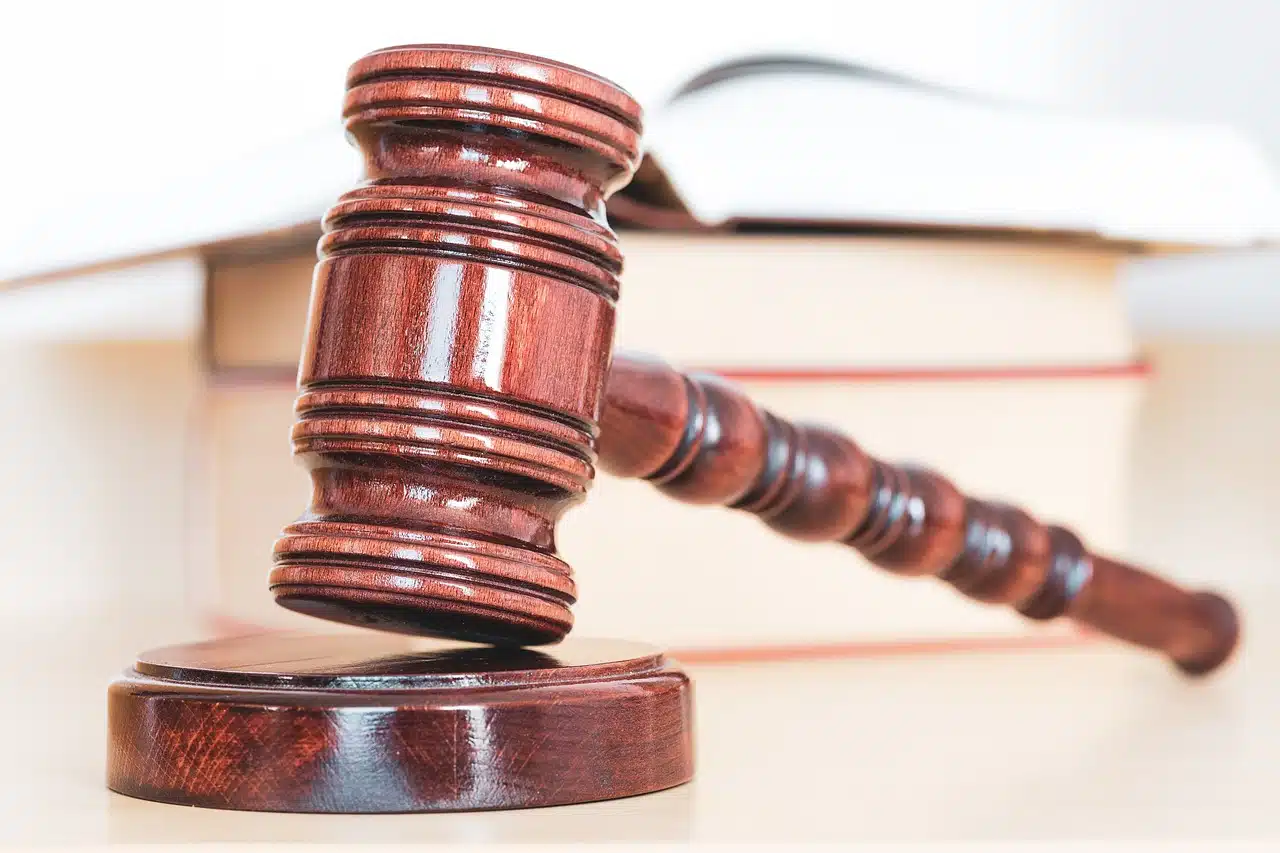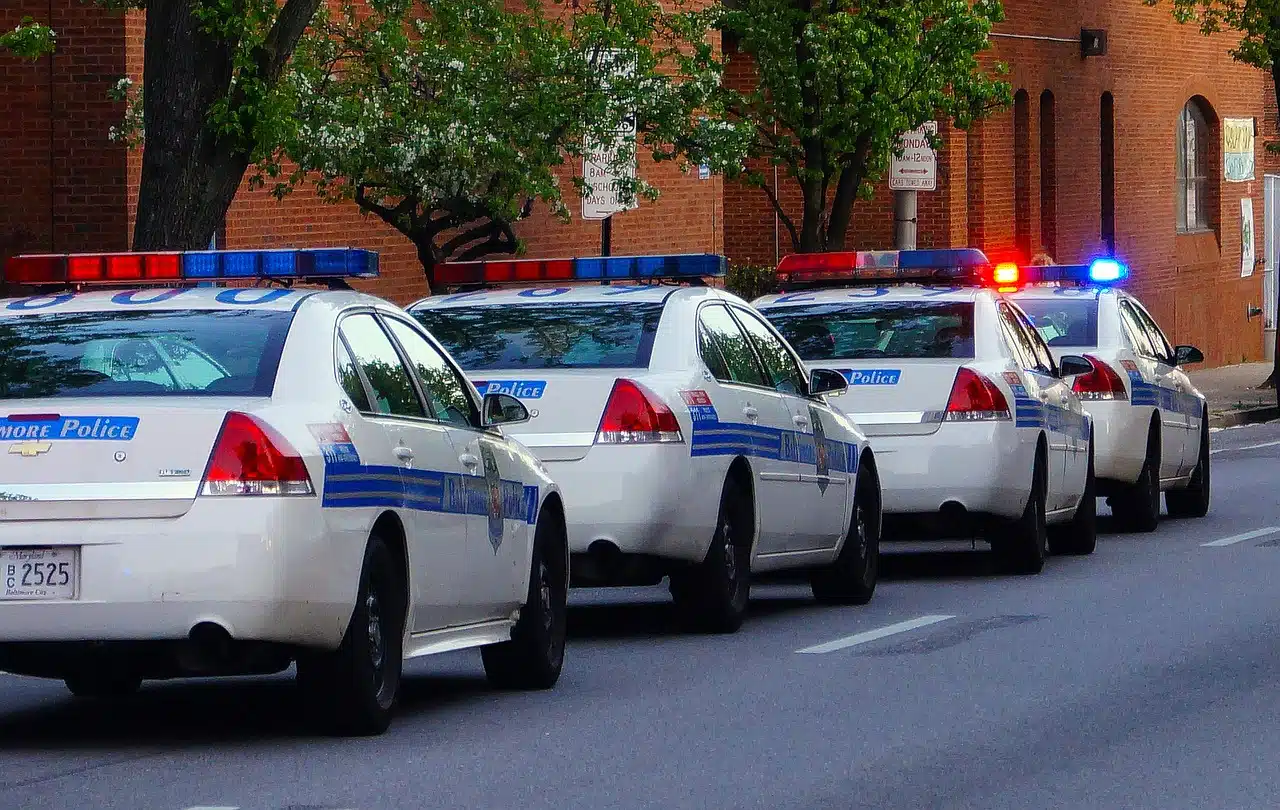
Public order is based on legal principles.
Public order is the spectrum formed by the entities and principles that regulate the organization of a society and that serves as inspiration for the legal system .
It should be noted that order , which comes from the Latin word ordo , is the placement of objects in their corresponding place . The concept is also used to refer to the proper arrangement of things, a certain succession of them and the link of something with respect to another thing. Public , on the other hand, is something that is evident, ostensible or visible to anyone. The group of individuals gathered in a certain space for a certain purpose is also called the public.
For example: "The police must be in charge of maintaining public order and avoiding incidents" , "An Argentinian was arrested in Moscow for disturbing public order" , "This city is not characterized by respect for public order" .
Legal principles of public order
The notion of public order covers various legal principles , such as the Constitution of each State and other regulations . At a general level, it can be said that the legal order is that which arises as an imposition by the authorities and which, due to its characteristics, acts as a limit to the freedom of human beings .
This means that it is considered that among the actions that go against the maintenance of this public order, for the benefit of each and every one of the citizens, is carrying out alterations of various types, violent actions or making noises at night that alter the rest and tranquility of people.
Hence, it is established that those that interrupt the peace of citizens are infractions and crimes against public order. These include attacks against the relevant authority, disobedience, terrorism crimes, possession or trafficking of weapons and possession of explosives or ammunition of various types.
Financial sanctions and even prison sentences are some of the most frequent consequences that a person has for having carried out an action that is classified as disturbing public order. Thus, for example, it is common for the relevant authorities to impose monetary fines on citizens who, while intoxicated, have caused scandals, noise and violent brawls in the street to the detriment of their neighbors.
However, it must also be emphasized that it is considered that caring for the health status of citizens is also part of the scope of public order. In this case, specifically, what is done is to ensure the protection of the inhabitants of a place, avoiding at all times the occurrence of poisoning or epidemics, which are also classified as a crime against the aforementioned order.

The State must guarantee public order.
Private law and public law
Public order, in the sphere of private law , is a limitation on autonomy that aims to eliminate those behaviors that are opposed to the common interest.
Public law , for its part, understands public order as that which arises from respect for the legal system and which represents social peace. If citizens respect the laws, social coexistence develops in peace and harmony.
